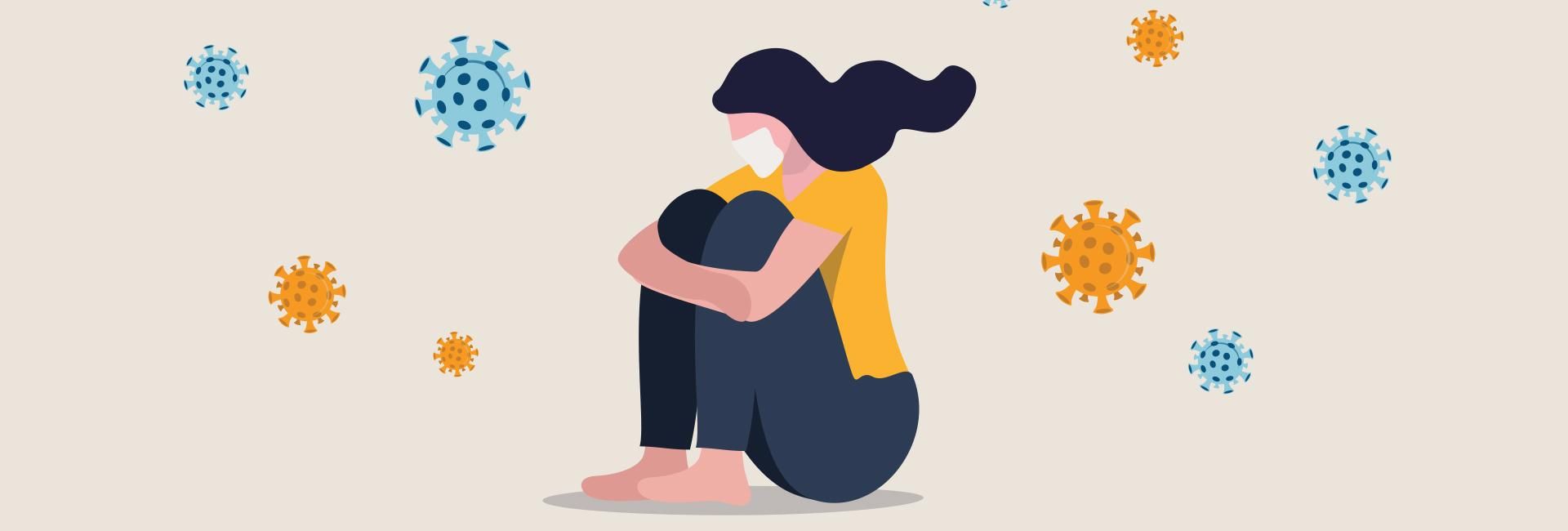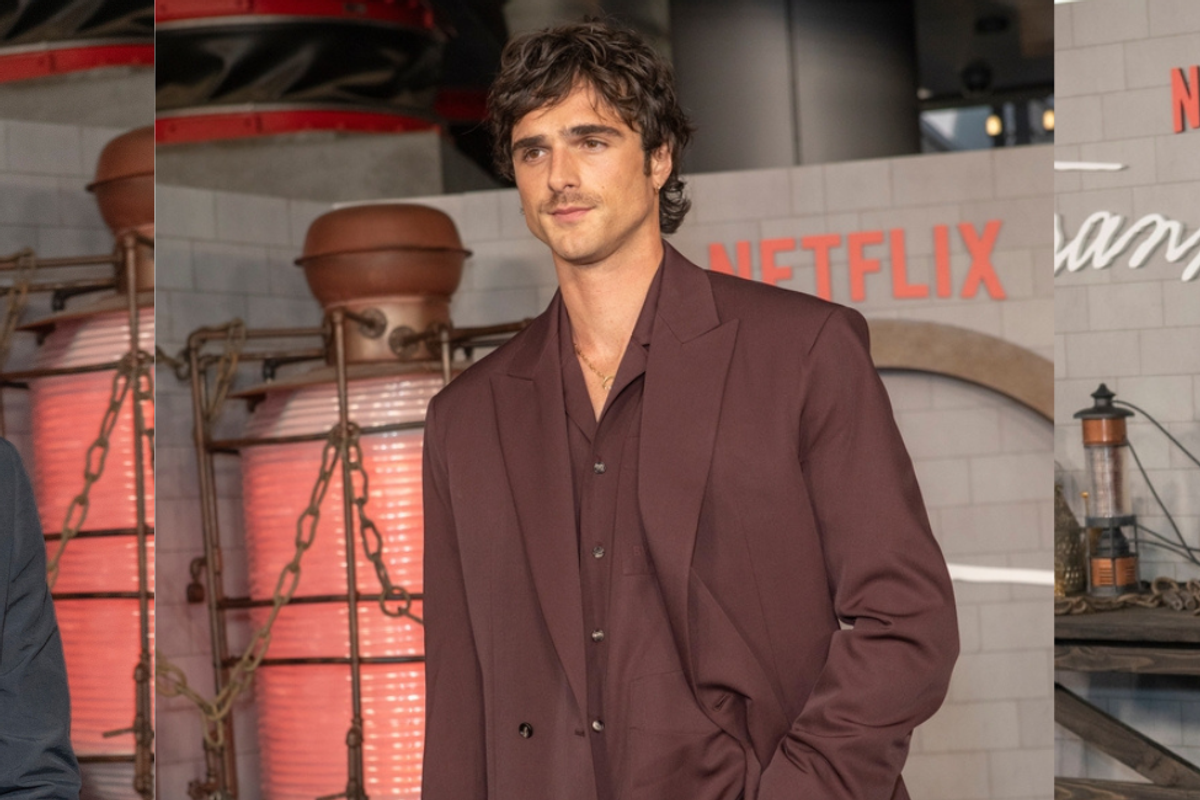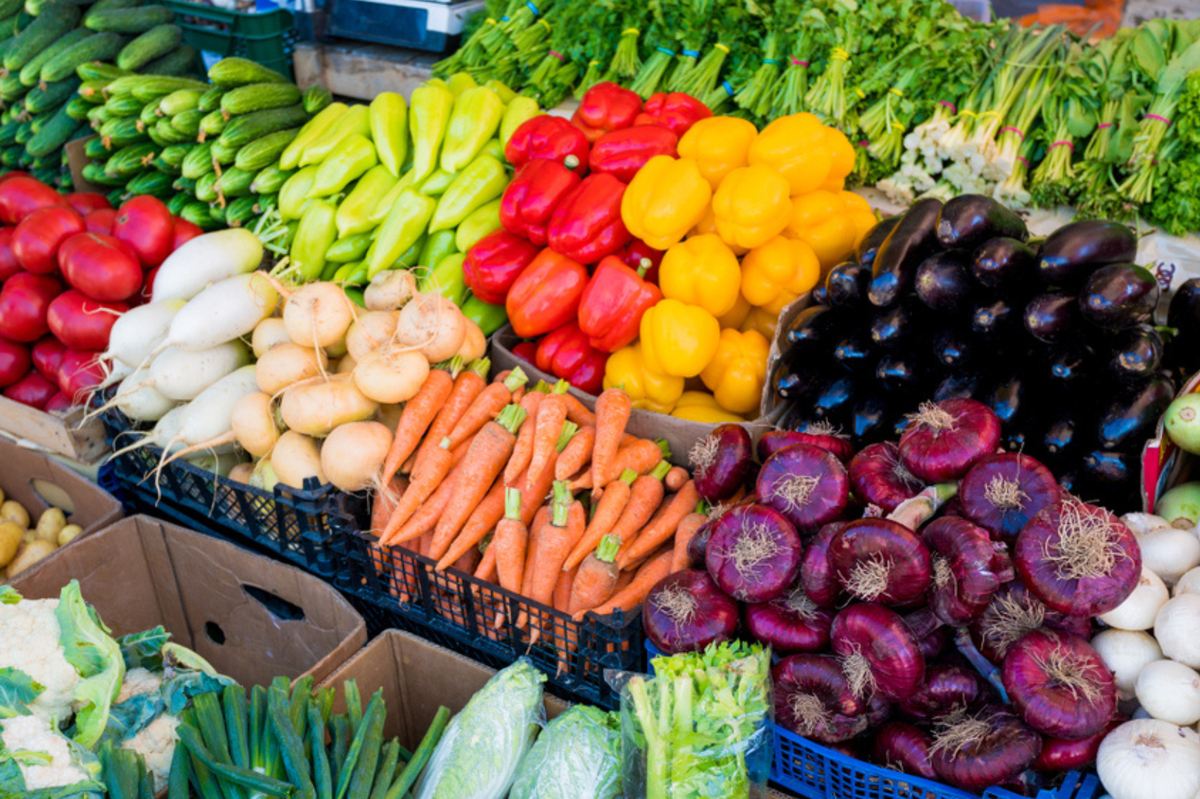From the outset, the pandemic has taken a financial, physical, and emotional toll on Australians. Two and a half years and four major variants (each with its own set of sub-variants) later, mental health is in the spotlight.
The rise of the latest COVID-19 sub-variant of Omicron BA.5 in NSW has reignited discussions around the way in which the pandemic has affected mental health, especially in young people.
In March, World Health Organisation reported a 25 per cent increase in anxiety and depression rates during the first year of the pandemic, which had prompted 90 per cent of countries to include mental health support in crisis support plans. The latest Global Burden of Disease study shows that the pandemic has affected the mental health of young people the most of any demographic and that they are at greater risk of suicide and self-harm.
Psychologist Gaye Colwell, who specialises in depression and anxiety in young people, has seen the impact play out in her practice. “The freedom was taken away from us so naturally it has caused a lot of depression,” she said.
“A lot of young people have turned to dependent substances to cope with the stresses of COVID, particularly during the lockdowns,” said Colwell, founder of Your Strengths Psychology on the NSW Central Coast. “It’s a combination of things that can bring them joy, from alcohol to prescription medication to marijuana.”
'It's about ... doing things slightly different. I don't think we'll ever live normally again.'
Colwell has seen two trends in her clients across the pandemic, depending on whether they were dealing with anxiety prior to COVID, or the pandemic itself triggered their anxiety and depression.
Holly Dawson, 19 who has battled with anxiety since an early age, spoke of the unexpected relief she felt in the first lockdown in March 2020. “When we first went into lockdown, I was happy about it because everything shut down. So, I was grateful to be at home. I honestly didn't really have a lot of anxiety about COVID when everyone was freaking out about getting it.”
Yet, this comfort didn’t last. Dawson’s reaction to the second lockdown, in July 2021 was markedly different. “It was worse because then I started worrying about COVID … People getting sick and dying and everyone being stuck at home was reaffirming that fear, thinking we're trapped. And if we go out, we'll get sick.”
Colwell has seen an increase in tele-health psychology appointments since 2020. “My [pre-pandemic] anxiety patients are very happy that COVID is here because it allows them to withdraw and not have to socialise and not feel the pressures of society, particularly during the various isolations.”
“Reintegrating has been a real challenge, especially when it comes to my clients that suffered from anxiety before COVID began, they're having to rebuild strategies to cope again.”
The extent of Dawson’s anxiety, like that of many others, was masked by the isolation. “I didn't realise how bad my anxiety got until we came out of the second isolation period, when I had to go out and go to the shops and push those boundaries.”
Colwell and her team at Your Strengths have spent the months following that 2021 lockdown developing individualised strategies with their clients to deal with the new state of the world and to help them reintegrate.
The strategies include mindfulness; grounding strategies to get them to be more present in their body; deep breathing to reduce the physiological responses that they're having; and cognitive behavioural therapy strategies to challenge the thoughts around being able to leave home, for them to be able to then sit in the feeling.
They found, alongside clients’ fear of leaving home was a contradictory fear of missing out (FOMO). For some, FOMO was for a coming-of-age event such as a gap year and overseas travel, for others, such as Dawson, it was for experiences closer to home.
Colwell said many of her clients were expressing a desire to travel to make up for lost time but emphasised most felt it was still too soon to make the leap overseas.
“The idea of going to a different country that doesn't have the restrictions we have for COVID is quite difficult. They’re trying to travel Australia as far as they can. In terms of clients going overseas, there's about 10 per cent, it's not a huge proportion. Some older clients have been getting on cruises which is interesting, but the majority have been camping. People with anxiety tend to be drawn to nature, it grounds them.”
“Yeah, I want to go camping, I’d do that,” said Dawson. “If I, like, had no responsibilities, have my dad plan it and drive us somewhere. That'd be nice.”
Looking ahead, Dawson is cautious what the next stage of the pandemic will bring and how she will manage her anxiety. “I think it's just about, like, learning to live with it, I guess, and doing things slightly different. I don't think we'll ever live normally again.”
Oliver is in his third year of a Bachelor of Media (Communications and Journalism) degree at UNSW. He enjoys all things storytelling including, Film, Television, Prose, Poetry and Podcasting. You can find him either on the basketball court or working on a screenplay.






Afraid of an egg: the tyranny of living with social media's body standards